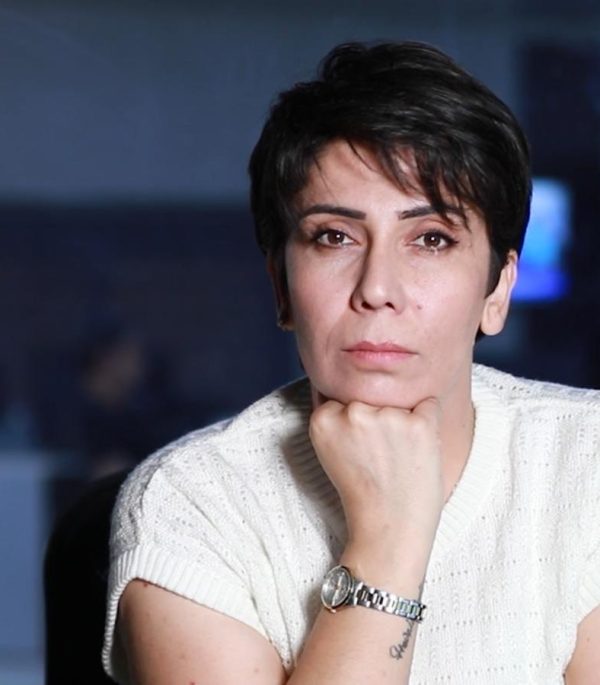
In Syria’s Settlement, Turkish Political Rivalries Come to the Fore
From the moment Kurdish leader Abdullah Ocalan was able once again to communicate with the outside world from Imrali Prison, it seemed that Turkey was entering a new phase of rearranging its sensitive domestic files, chief among them the Kurdish issue. But in the midst of the region’s turbulent transformations—especially after the fall of Syrian President Bashar al-Assad and the rise of Ahmad al-Sharaa to the presidency as part of a regional and international settlement—signs emerged of an internal Turkish struggle between two of the state’s most heavyweight figures: intelligence chief İbrahim Kalın and Foreign Minister Hakan Fidan.
Roots of the Struggle: A Heavy File and Potential Political Gains
The Kurdish issue in Turkey is not merely a security or political matter. It is a file that determines the fate of internal power balances and directly affects the chances of prominent figures rising to the top after President Recep Tayyip Erdoğan.
İbrahim Kalın, who moved from the post of presidential spokesperson to head of the National Intelligence Organization (MIT) in June 2023, saw the reactivation of the dialogue channel with Öcalan as a strategic opportunity to strengthen his image as the architect of a “historic breakthrough.” Success in this endeavor would mean easing internal tensions, expanding his popular base, and perhaps securing a leading position in the race for the presidency.
By contrast, Hakan Fidan, who spent more than a decade leading the intelligence service before becoming foreign minister in the same year, views the Kurdish file as inseparable from Turkey’s regional policy. For him, losing control of this file to Kalın would mean giving up a central pressure card in the Syrian and Iraqi arenas and weakening his negotiating position in any upcoming regional settlement.
Platforms of Influence: Imrali and Damascus
Imrali is Kalın’s platform, where he moves behind the scenes through security and legal channels to open a line of communication with Öcalan—directly or through intermediaries. The declared goal: calming the domestic front and preparing the political ground for a more stable transitional phase.
Damascus is Fidan’s platform, where he has found that influencing the Kurdish file can be done through the Syrian capital, especially by obstructing any rapprochement between Damascus and the Syrian Democratic Forces (SDF) under international sponsorship.
Here, the local meets the regional: Kalın’s success in Imrali could create a new dynamic that pushes the SDF to make concessions, while Fidan’s success in Damascus could deprive Kalın of any tangible achievement via Imrali and keep the SDF regionally isolated.
The Paris Conference: An Arena for Indirect Confrontation
The event that revealed part of this struggle was the planned Paris meeting between the Damascus authorities and the SDF under French sponsorship. For Kalın, the success of the conference would have meant integrating the Syrian track into a comprehensive solution that would ease pressure on Turkey’s domestic front. For Fidan, however, such a large-scale conference under Paris’s sponsorship could grant the SDF an international legitimacy that Ankara does not want.
According to leaks, Fidan played a role in convincing Damascus to back out. Officially, this was announced as a reaction to the DAANES-led Hasakah Conference, but a deeper reading suggests the Syrian position resulted from calculated Turkish pressure aimed at breaking the momentum of the Paris platform before it began. For Kalın, this development was a direct blow to his track, making the Imrali solution less appealing to Kurdish-file stakeholders.
Reflections of the Struggle on the Syrian Scene
The change of regime in Damascus did not end the complications. Rather, it brought them together. Ahmad al-Sharaa faces pressures from harsh domestic alliances and contradictory foreign ones. The removal of the Paris track aims to weaken the SDF’s negotiating position while giving Damascus an extra card to reimpose tougher conditions. In northern and eastern Syria, fears have grown of military operations or economic pressure supported by Ankara, especially if it serves Fidan’s aim of undermining Kalın’s path.
In other areas like Sweida, Daraa, and the coast, developments seem no longer dictated solely by local balances but also by the echo of this internal Turkish struggle, which is indirectly influencing Damascus’s and its allies’ decisions.
Ankara is trying to balance both tracks without losing control of either. But as presidential elections approach, Erdoğan—or his successor—may choose to back one man over the other.
Possible Scenarios
- Kalın’s track prevails: Success in relaunching Imrali talks reflects positively on Turkey’s domestic front, reducing the relevance of Damascus in the Kurdish file.
- Fidan’s track prevails: Continued obstruction of any external Syrian–Kurdish negotiations, keeping the SDF squeezed between Damascus and Ankara.
- Balance of roles: Both tracks remain open without decisive victory, each used as a pressure card in broader files.
The struggle between Ibrahim Kalin and Hakan Fidan is not merely a personal rivalry over influence but a reflection of how Turkey manages its complex files, where domestic politics intersect with national security and diplomacy with intelligence. In the shadow of Assad’s fall and Ahmad al-Sharaa’s rise, and with increasing intervention from Western and regional capitals, this struggle could become a decisive factor in shaping the next phase in both Turkey and Syria — and perhaps in the future of the Kurdish question as well.





